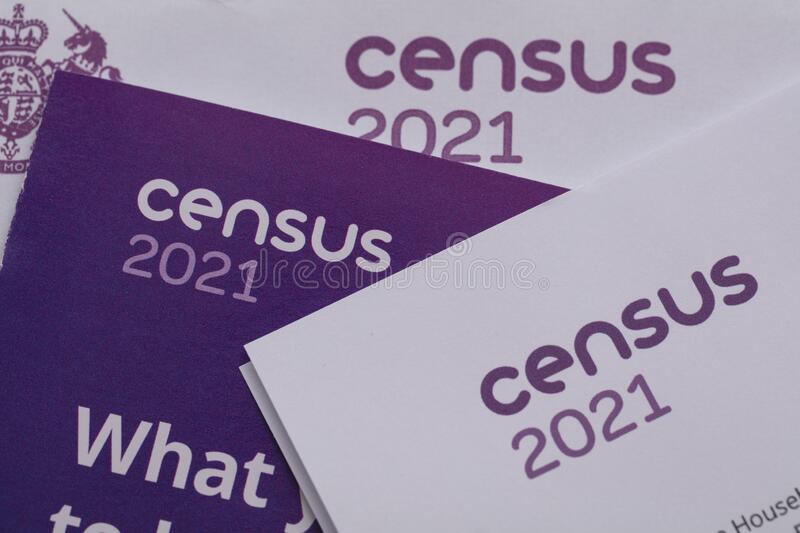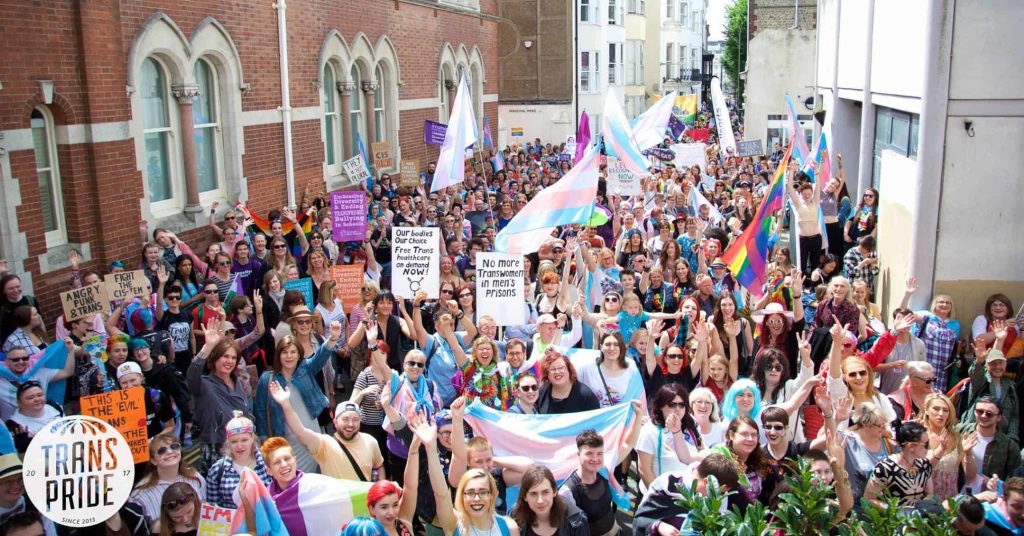Every adult in England and Wales knows about the 2021 Census, and the findings have been steadily reported in recent months. Each census, which is co-ordinated by the Office for National Statistics (ONS) and takes place every ten years, seeks to gather data that monitors changes in the population – numbers, relationships, occupations etc. Such data can then be used by local and national government and others to refine policy, for example, and allocate funding accordingly.

Many questions remain the same over the decades, so real comparisons can be made. But new questions can also be introduced, and some questions can be re-worded, to capture perceived changes in society.
However, tinkering with questions can have unforeseen consequences. Which is why many women, and some men, were dismayed when the question asking for the sex of the respondent was revised to include the sex the respondent currently identified as, not just sex at birth. (So trans identifying males and females would be included as, respectively, females or males rather than their natal sex). Fair Play for Women took the ONS to court and argued, successfully, that this would hinder meaningful data collection.
The question was changed back to the customary binary choice, and a new question about gender identity remained. This, in theory, could have given some really useful data and, when combined with other data, provided statistics to improve policy making and services targeted at people identifying outside the sex binary.
Unfortunately the question was couched in a way that was intended to be sensitive to people’s feelings, but proved to be too confusing for many who lacked tertiary education or for whom English is a second language. Hence the number in some areas who seem to have answered it wrongly – leading to some distinctly bizarre findings.
The London borough of Newham, for example, one of the poorest boroughs in the country, with low educational attainments and a high immigrant population, has come out of the census as the region with the highest proportion of trans identifying residents: 1 in 67 Newham Muslims declared themselves to be transgender, as did a similar ratio of West Ham supporters.

Extrapolating from this, it would seem, ludicrously, that the strongest predictor of trans identifying residents within a local authority is the proportion for whom English is not their first language. This despite other research studies showing that transgender people are more likely to be found around universities and especially in Brighton, the ‘LGBTQ+ capital’ of England. But Brighton, according to the census, was a lowly 20th for the number of trans identifying residents.
The wording of the Census question was: Is the gender you identify with the same as your sex registered at birth? Straightforward, you might think. But only if you understand the subtleties of language used by trans allies and lobby groups such as Stonewall. The ONS made the mistake of using language that is familiar to certain sections of society (including their own staff), but not to the population at large.
The word gender means different things to different people: An alternative word for sex? A grammatical category? A social identity? A psychological identity? Likewise, what does identify with mean to someone not up to speed with identity politics? And if, as an immigrant, you do not have a birth certificate, what does registered at birth mean? If in doubt, people tend to hedge their bets and answer No to ambiguous questions – hence the larger than expected number identifying as trans in some unlikely areas.
In response to the ridicule that has accompanied these ‘findings’, the ONS has accepted that many respondents may have misinterpreted the question, and the matter is being investigated by the Office for Statistics Regulation. Maybe the ONS should have heeded the advice of an old college lecturer of mine who used to say that effective communication is knowing that it’s not what you think you meant, but what someone understood you to mean.
So, if you want to get a straight answer to a question, you need the reach beyond your own intellectual and cultural bubble and ensure you use words people will understand. Otherwise, as the ONS has found to its cost, you can end up with nonsense.
Words matter!
Links to my books and social media
You can find all my books and short stories on Amazon books, At least one story always free. ALL BOOKS FREE ON KINDLE UNLIMITED